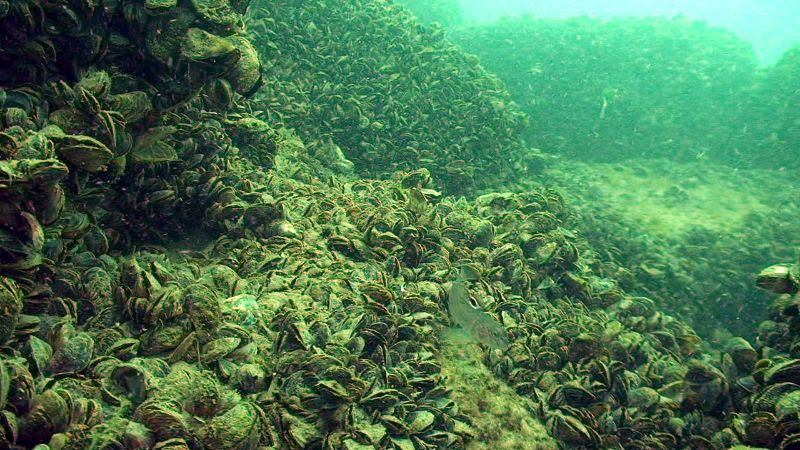| “Imagine if we prevented zebra mussels from entering the Great Lakes system,” said Lucinda Johnson, board co-chair and director of research at the University of Minnesota’s Natural Resources Research Institute in Duluth. “A Great Lakes Early Warning System could allow government agencies and decision-makers to get ahead of the curve of potential issues in the Great Lakes.”
“This Early Warning System is focused on detecting and addressing slow-onset threats to the Great Lakes,” said Michael Twiss, member of the board’s Research Coordinating Committee and a biology professor at Algoma University. “These can take months or even years to become established, but once they hit a critical tipping point, they affect the ecosystem’s ability to recover. Detecting these types of threats requires systemic monitoring, looking for specific indicators, backed by solid knowledge systems.”
The International Joint Commission (IJC) is responsible under the Great Lakes Water Quality Agreement to identify and report emerging Great Lakes water quality issues to the Canadian and United States federal governments. The Great Lakes Science Advisory Board’s development of a Great Lakes Early Warning System assists the Commission with these Agreement responsibilities.
In 2020, the board released its Phase 1 report “Towards a Great Lakes Early Warning System,” which developed an organizational framework. The board’s third phase of work will use case studies to test the Phase 2 proposed system framework using current stressors in the Great Lakes. |
